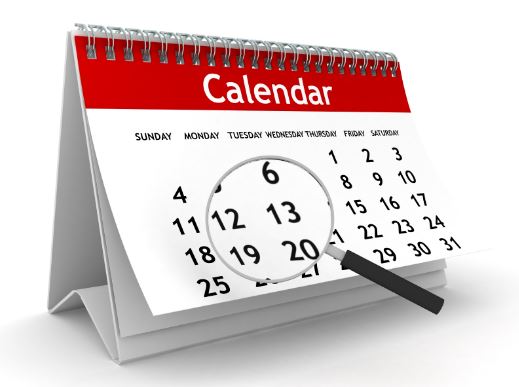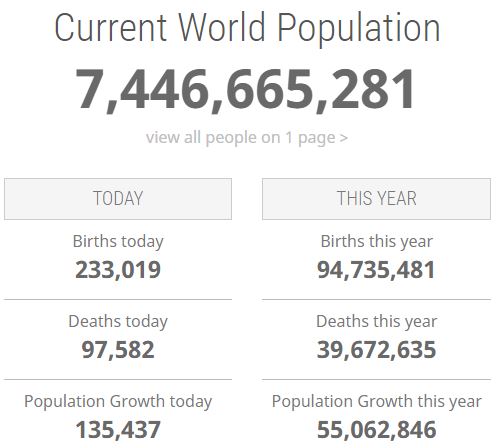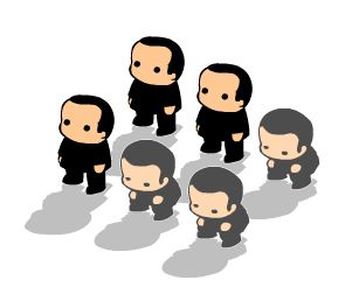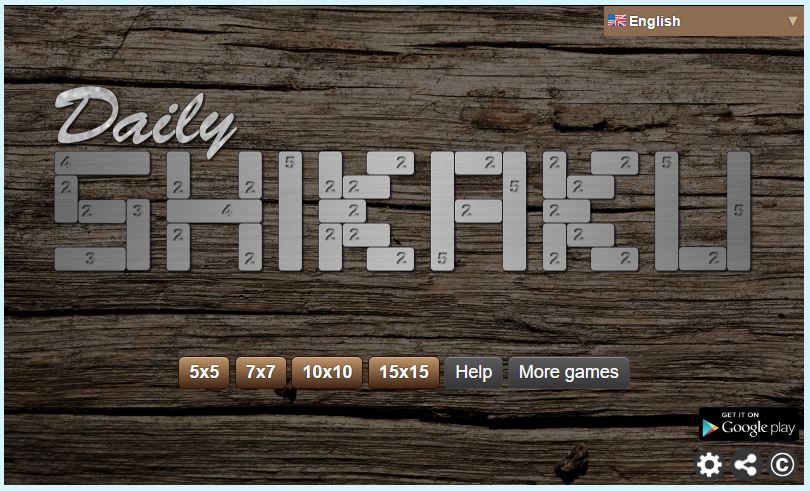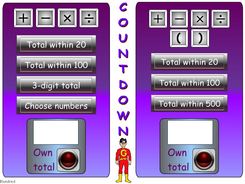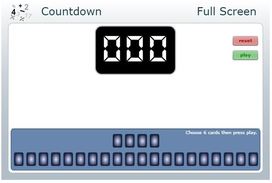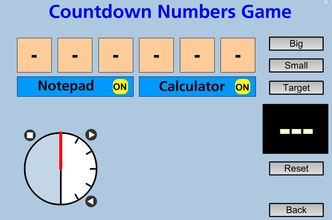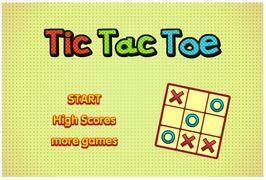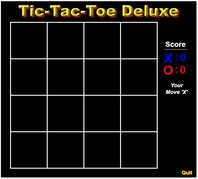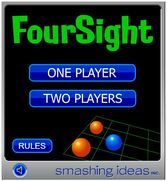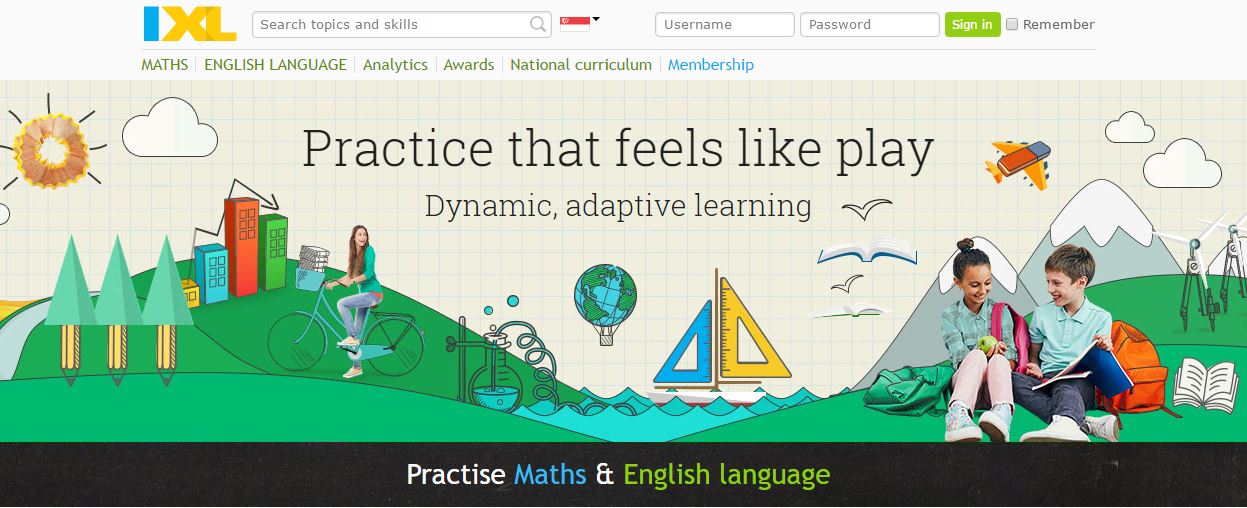Numeracy
The Hour of Code
Have you ever wanted to design and make your own computer game? Are you interested in becoming a computer programmer in the future? Or, do you just like putting your logic skills to the test? Click on the pic above to join millions of students all around the world in THE HOUR OF CODE.
|
In Term 1 in Mathematics we used our multiplication and addition skills, as well as a little Science knowledge, to calculate our exact age in days.
If you'd iike to help a family member calculate their age in days, these are the steps we took in class: a) Multiply the person's age in years by 365 (the number of days in a year). b) Add 1 day for every leap year the person has been alive (remember leap years occur every 4 years* and this year was a leap year). c) Add the number of days since the person's last birthday (remember 30 days has September, April, June and November ... ) but be careful not to add this year's February 29 again. d) Your total will be the person's age in days. If you want to check your calculations, or don't have pen and paper handy, try clicking on the banner or pic to the left to access a website that can do the calculation for you. * Well, almost every 4 years, but that's something you may like to research for yourself. Perhaps you could share your findings with the class during student showcase. |
|
This term in Maths we looked at number sense and our ability to read and understand large numbers.
We began by comparing our ability to instantly recognise small numbers (subitise) to that of a chimp, in response to this article from the BBC - Can you count faster than a chimp? We then extended our thinking to explore much larger numbers, using the World Population Clock administered by WorldoMeters as a discussion point. Our next goal is to consider ways of modelling some of these larger numbers to help us make sense of the digits themselves. How could we model the global population? Use your creative thinking skills and see what you can come up with. |
Our Favourite Maths Thinking Games
|
Click on one of the adorable little men to the left to play the RayRay Game.
This is a great activity for practising your visualisation and logic skills. Simply click on one of our friends named Ray and he will stand up. Your goal is to get all the little men standing tall together. Sounds easy right? The problem is our friends are easily influenced. When one stands, the Ray in front, behind, to his left and to his right all stand as well, and when one ducks, so too do his nearby friends. Sounds easy, looks cute, but this game can really get you scratching your head. What a fun way to build your maths skills. P.S. Look out for their special celebration each time you clear a level. :) |
Enjoyed putting your area and factorisation skills to the test with Shikaku puzzles in class this week? Want to play more?
Click on the picture above to be taken to our new Shikaku page.
Click on the picture above to be taken to our new Shikaku page.
Click the pick above to access an online version of the dice game Yacht, or click here for a version you can play at home with your family.
This is an online version of the Boxes game we introduced in class. While it may not be as much fun as playing against a friend, this online version does give you a chance to work on your winning strategies and seek out the hidden maths.
It's also a great way to start thinking like a mathematician.
I wonder: Does the number of dots on the board at the start make a difference? If the same number of dots are arranged in a rectangle rather than a square does it have an impact? Does it matter who goes first? What do you think?
It's also a great way to start thinking like a mathematician.
I wonder: Does the number of dots on the board at the start make a difference? If the same number of dots are arranged in a rectangle rather than a square does it have an impact? Does it matter who goes first? What do you think?
|
This is a great introductory version of the Countdown game.
For those who are new to the game the challenge is to arrange the numbers on any of the 6 coloured cards - using addition, subtraction, multiplication, or division - to achieve a total as close as possible to the given target number. In this version, you can choose your level of difficulty and the target numbers are selected so that a solution is always possible. Try starting with totals up to 20 or if you're feeling brave jump in and give the bigger numbers a go. It can be tricky but very rewarding. |
Here's a slightly more challenging alternative.
This version has a solution button which will show you one possible way to get to the given target exactly. However, grouping symbols and the order of operations are used to show solutions, so until we look at these together in class you may need an adult or older sibling to help you make sense of the suggested solution. |
This is the most advanced version of Countdown where it may not always be possible to reach the target exactly.
No answers are given in this version of the game so it is up to the players to check and confirm each other's solutions. This might be a fun one to play with your family. One way to score your game is to award ten points to any player who can achieve the target score exactly, 9 points to anyone who reaches a score 1 higher or lower than the target, 8 points for 2 away etc. Try a few rounds. It's fun game to play with a group. |
More Fun and Games
Looking for more Maths games? Click on the picture above and look for the Student Resource page. If you have any suggestions for games we can add to this website, please let me know via the blog page.
Other useful resources
Would you like to keep building your maths calculation skills at home?
Khan Academy is a free online program that may be useful for revising and extending your knowledge of skill and process based mathematics.
If you are interested in giving it a try, or already have an account and are interested in connecting your at-home learning with our discoveries in class, simply click the icon above and follow the instructions. It's not quite play-based learning, but there can be something very satisfying about challenging yourself to conquer the questions.
If you are interested in giving it a try, or already have an account and are interested in connecting your at-home learning with our discoveries in class, simply click the icon above and follow the instructions. It's not quite play-based learning, but there can be something very satisfying about challenging yourself to conquer the questions.
Or, you may like to try IXL Maths. There's a free online version of it too. Why not try it by clicking the image above?


